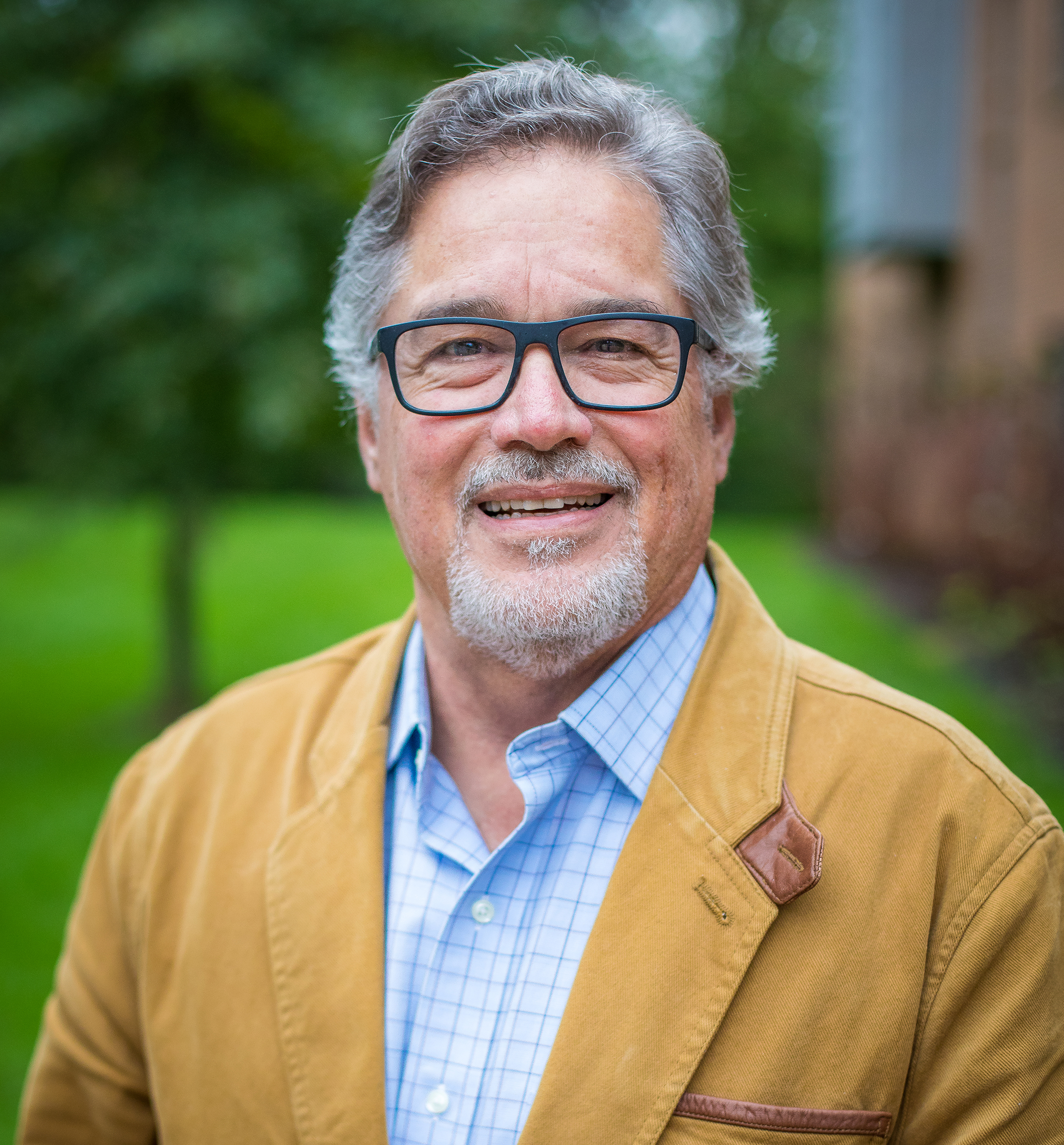
“Peace Without Justice is an Illusion” An interview with the Director of the Bethlehem Institute of Peace and Justice
“Peace Without Justice is an Illusion”
An interview with the Director of the Bethlehem Institute of Peace and Justice
Today marks the International Day of Peace, and it is such a privilege as a Bible College to work and call for peace. As the Day of Peace approaches, we are starting an Institute of Peace and Justice at our campus that we’ve been working on for years, and it’s finally seeing the light this month!
Please meet the secret soldier behind this institute, Rev. Dr. Andrew Bush. He is the Director of the Bethlehem Institute of Peace and Justice. I interviewed him to talk more about the BIPJ and his work.
What is the idea behind the Peace Institute?
“The Bethlehem Institute of Peace and Justice (BIPJ) idea originally originated from Bethlehem Bible College’s founder, Dr. Bishara Awad. He felt that just as the College had been a bridge builder since its founding more than forty years ago, it should be on the forefront of promoting peace both in Palestine and Israel, as well as internationally.
“A foundational conviction of ours is that Palestinian Christians have had to take the teaching of Jesus about peace seriously during decades of violence. Therefore, what Palestinian Christians have to say about peace is not trivial or just a high-minded theory. On the contrary, the insights of Palestinian Christians have been forged in the fires of violence.”
What is the mission of the Institute?
“The Bethlehem Institute of Peace and Justice promotes interdisciplinary research and the study of peace and justice in the context of the Palestinian experience. Based on Christian and biblical principles, and informed by the fatherhood of God and God’s love for all people, our goal is to assist local and international peacemakers to be a part of preventing, mitigating, and transforming conflict and establishing sustainable peace and justice in Palestine, Israel, and throughout the world.”
Why do you think there is a need for a Peace Institute in the Holy Land?
“First, because the entrenched nature of the Palestinian/Israeli conflict could cause many to give up and accept that conflict and violence are inevitable. We want to affirm the reasonableness and relevance of peacemaking even more certainly in the face of such conflict. Violence is not inevitable.
“Second, the BIPJ wants to stress that peace must be built upon justice. Peace without justice is an illusion. Where great injustice exists, the call for equitable treatment for all – the Palestinian people — is even more urgent. That is why we are the Bethlehem Institute of Peace and Justice.
“Third, as a Christian-based Institute of Peace, we take seriously the idea that peace should begin at the birthplace of the Prince of Peace, Jesus Christ, here in Bethlehem. If we would ignore the call to be peacemakers here, then it could be ignored anywhere.”
Why do you think people should study peacemaking more?
“If more people would study peacemaking, they would realize that efforts for non-violent actions against war and injustice have made real changes in our world. They would see that practical steps can be learned to help a person be a peacemaker in their daily lives. Societies teach through their institutions and traditions that force and violence are the roads to security and success. Peace studies teach just the opposite. So the question is, whose teaching will prevail? Societies will be marred by violence and conflict unless its citizens learn the way of peacemaking.”
What is the difference between Christian and non-Christian peacemaking?
“Christian peacemaking first and foremost is inspired by the life and teachings of Jesus Christ. Christ calls us to forgiveness and humility in dealing with those we might call enemies. So, for Christian peacemakers, the attitude of the heart is essential.
“Furthermore, Christian peacemaking understands that the direction of nations and the wars in the world can be affected by the sovereign will of God. Therefore, we do not assume that peacemaking is entirely dependent on our efforts. That brings an element of hope to peacemaking.
“That said, many of the principles of secular peacemaking share ideas with Christian peacemaking. For example, any peacemaker needs to learn to be a listener. Scripture also teaches that we should be slow to speak and quick to hear.”
How do you think this Institute will make a change in the peacemaking field in the Holy Land?
“We bring an academic component to efforts for peacemaking in the Holy Land. That is a difference between our efforts and other organizations focused on activism of one type or another. We offer university-level courses in peace studies. Our first fully online course entitled “Introduction to Peacemaking and Justice in the Palestinian Context” began on September 13. We have students participating from six nations.
“We are planning to have residential scholars come and stay for one or two semesters to pursue research in peace studies on the Bethlehem Bible College campus.
In addition, we will conduct a symposium that will bring together scholars and leaders to discuss critical issues in peacemaking. We think this academic component is an essential addition to peace efforts in the Holy Land.”

Amira is the Communications Coordinator of Bethlehem Bible College. She is a committed Palestinian Christian who has a passion for writing about the intersection of faith and seeking justice for her fellow countrymen. To read more of her writings sign up for Bethlehem Bible College’s monthly newsletter.

